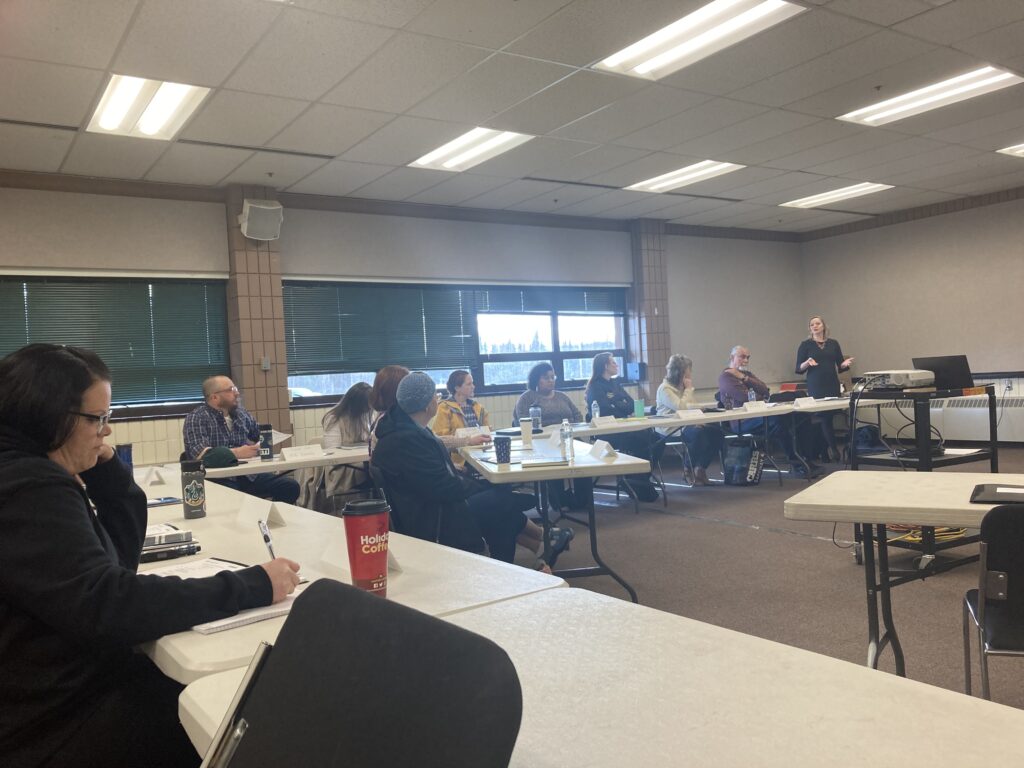Agencies across the peninsula participated in a 1.5-day workshop to develop a comprehensive community-wide strategic plan for addressing substance use, particularly among adults involved in the criminal justice system on May 9th and 10th.
Sequential Intercept Model (SIM) Mapping facilitated by SAMHSA’s GAINS Center in Delmar, New York is a workshop designed to help communities identify gaps in services and opportunities for improved service coordination and communication between the criminal justice and behavioral health systems. According to Dr. Henry J. Steadman of the GAINS Center, “This workshop is a strategic planning session intended to foster systemic change and provide each participating community with the tools necessary to move forward to enhance services for adults with mental illness and substance use disorders in contact with the justice system.”
Key agency administrators, staff, and persons with lived experience from the behavioral health and criminal justice systems from the Kenai Peninsula participated in a SIM Mapping workshop which focused strategic planning efforts on cross-systems collaboration and the reduction of system and service barriers through the development of an integrated, local action plan.
During the workshop, participants developed a map detailing how individuals with substance use disorders, and often co-occurring mental health conditions enter and move through the criminal justice system from arrest to incarceration, referral and access to services, and points for diversion from the criminal justice system. Strategies for systems change implemented by other jurisdictions throughout the country will also be considered.
Nationally, individuals with substance use disorders, particularly opioid use disorders, are an increasing presence and overrepresented within the criminal justice system. Approximately 80% of individuals who are arrested test positive for a drug and 63% of jail inmates have a substance use disorder. With more than 650,000 individuals returning to communities each year from US prisons and seven million individuals returning from jails, effective linkage and access to community services for people with opioid use disorders is critical to reduce overdose deaths
and an often-repetitious cycle of justice involvement.
For more information on the STRIKE Consortium’s efforts contact Alecia Gottlob.
For more information on the post-workshop collaboration, contact Jodi Stuart.
Information on the workshop is available at www.prainc.com or training@prainc.com

